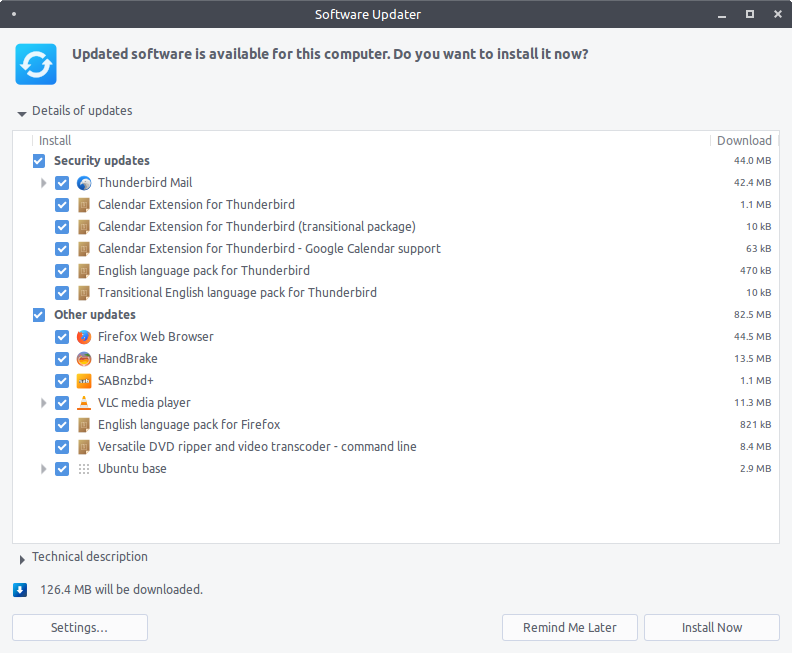I will write it down one final time: Windows 10 only restarts to install updates during the time period you specify.
Unless you set the time period to a time the PC is not switched on, after a while Windows will apply that update whether you like it or not no matter what you are doing.
![[H]ard|Forum](/styles/hardforum/xenforo/logo_dark.png)
